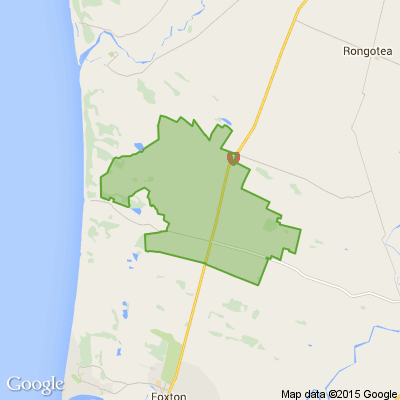Recycled polyester
Along our journey to creating a more sustainable future, our studios are working to incorporate innovative textiles into our product offering. The technical advancement of recycled yarn production has led to textiles which are not only more environmentally friendly, but emulate the soft handle of virgin fibres. In this article we explain the process of transforming post-consumer plastic bottles into recycled polyester yarn, through an investigation into the production of our first recycled product Kumo Recycled by James Dunlop.
Woven in 92% recycled polyester and 8% polyester yarn, Kumo Recycled presents a modern perspective on fibre construction. Available in 15 decorative shades, Kumo Recycled is suitable for those seeking a high-performance wide width sheer that is fire retardant and has a weighted selvedge in both residential and commercial applications, elegantly framing the view in any setting.
THE RECYCLING PROCESS:
At the recycling facility, post-consumer PET bottles are magnetically sorted by a metal detector and the labels are washed off with water in a revolving cylinder called a Tromel. The clean PET bottles are then sorted into types and colours by a near infrared ray and spectrum camera before being shredded into flakes underwater.
Separation occurs as lighter plastics float to the tank’s surface. The flakes are dried in a tumbler, then rinsed with sodium hydroxide, dried, rinsed in water, and dried once more. Residual contaminants and metals are then blown out and the flakes are shredded into smaller flakes, ready to be used to produce a liquid polymer (resin).
Keep reading: www.curtainclean.co.nz...
Worst Xmas ever?
There's a a lot of planning that goes into Christmas day and sometimes things just don't go to plan. But it can be a good thing - a family mishap or hilarious memory that you can laugh about in Christmases to come.
Whether you burnt the dinner or were stranded at an airport...
Share your Christmas mishaps below!

⚠️ DOGS DIE IN HOT CARS. If you love them, don't leave them. ⚠️
It's a message we share time and time again, and this year, we're calling on you to help us spread that message further.
Did you know that calls to SPCA about dogs left inside hot cars made up a whopping 11% of all welfare calls last summer? This is a completely preventable issue, and one which is causing hundreds of dogs (often loved pets) to suffer.
Here are some quick facts to share with the dog owners in your life:
👉 The temperature inside a car can heat to over 50°C in less than 15 minutes.
👉 Parking in the shade and cracking windows does little to help on a warm day. Dogs rely on panting to keep cool, which they can't do in a hot car.
👉 This puts dogs at a high risk of heatstroke - a serious condition for dogs, with a mortality rate between 39%-50%.
👉 It is an offence under the Animal Welfare Act to leave a dog in a hot vehicle if they are showing signs of heat stress. You can be fined, and prosecuted.
SPCA has created downloadable resources to help you spread the message even further. Posters, a flyer, and a social media tile can be downloaded from our website here: www.spca.nz...
We encourage you to use these - and ask your local businesses to display the posters if they can. Flyers can be kept in your car and handed out as needed.
This is a community problem, and one we cannot solve alone. Help us to prevent more tragedies this summer by sharing this post.
On behalf of the animals - thank you ❤️











 Loading…
Loading…





















